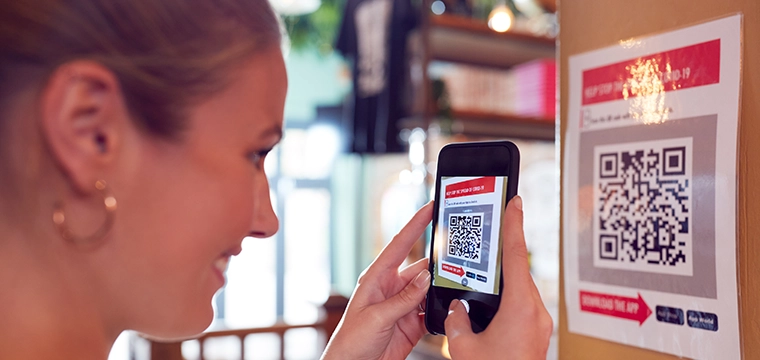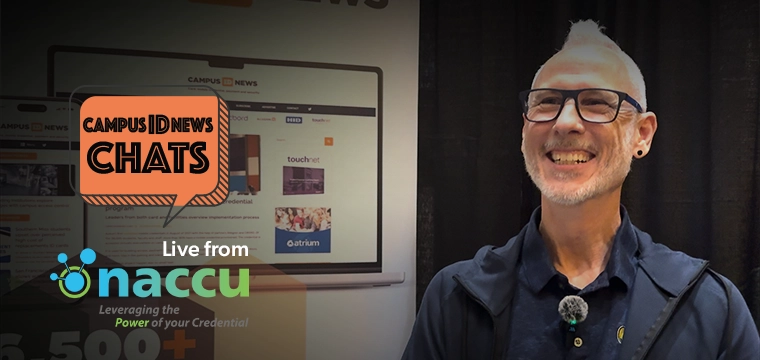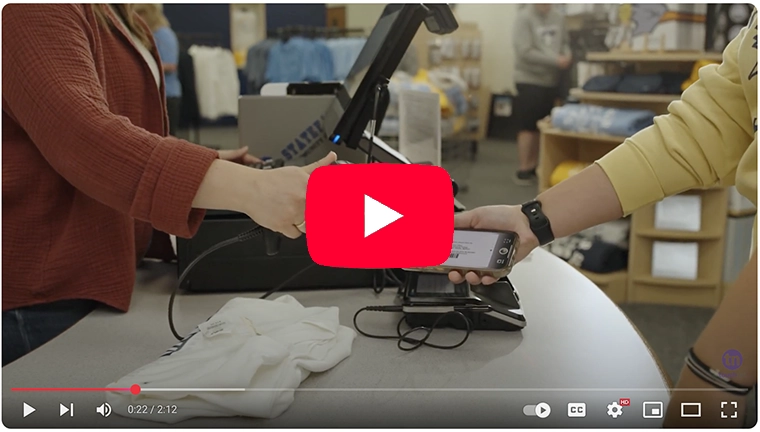Off-campus programs for campus IDs can pose a significant value to students, but are often limited to large chains and franchises. But Western Kentucky University is offering students a refreshing change of pace by allowing them to spend their discretionary dollars at the local farmer’s market.
The university’s Big Red Dollars Program is the students’ means to make purchases for products and services on or off campus with participating merchants. The program with the local farmer’s market was created last April and leverages WKU’s student ID cards.
“We are still working out the kinks, but we are seeing a lot of involvement with college students and them wanting to support their local community,” says Jackson Rolett, outreach coordinator for Community Farmer’s Market.
The partnership between WKU and the Community Farmer’s Market is one of mutual benefit, as it offers students a means to make better eating choices and introduce a healthier lifestyle – principles that have been instituted as part of the program. In addition to inspiring the pursuit of healthier foods, student involvement in the local farmer’s market goes a long way in supporting the university’s surrounding community as well.
Rolett says the farmer’s market is seeing more student involvement, with a number of them developing relationships with local farmers and learning more about how to harvest foods.
To further incentivize the program, SurfKY reports that the farmer’s market is extending the university’s Double Dollars program into the Big Red Dollar’s program. This means that if a student goes to the farmer’s market with $5, they get another $5 to spend. It’s a double value that provides students with a great deal on fresh produce, and those if students don’t want to use it at the time, they can carry over.
Rolett says a lot of students come in during the week to get the double dollars and then wait until the following Saturday to come in to the farmer’s market to use them. Programs like this show the potential that off-campus programs can provide to students, and are a great way to impact the university’s surrounding community in the process.





Notifications